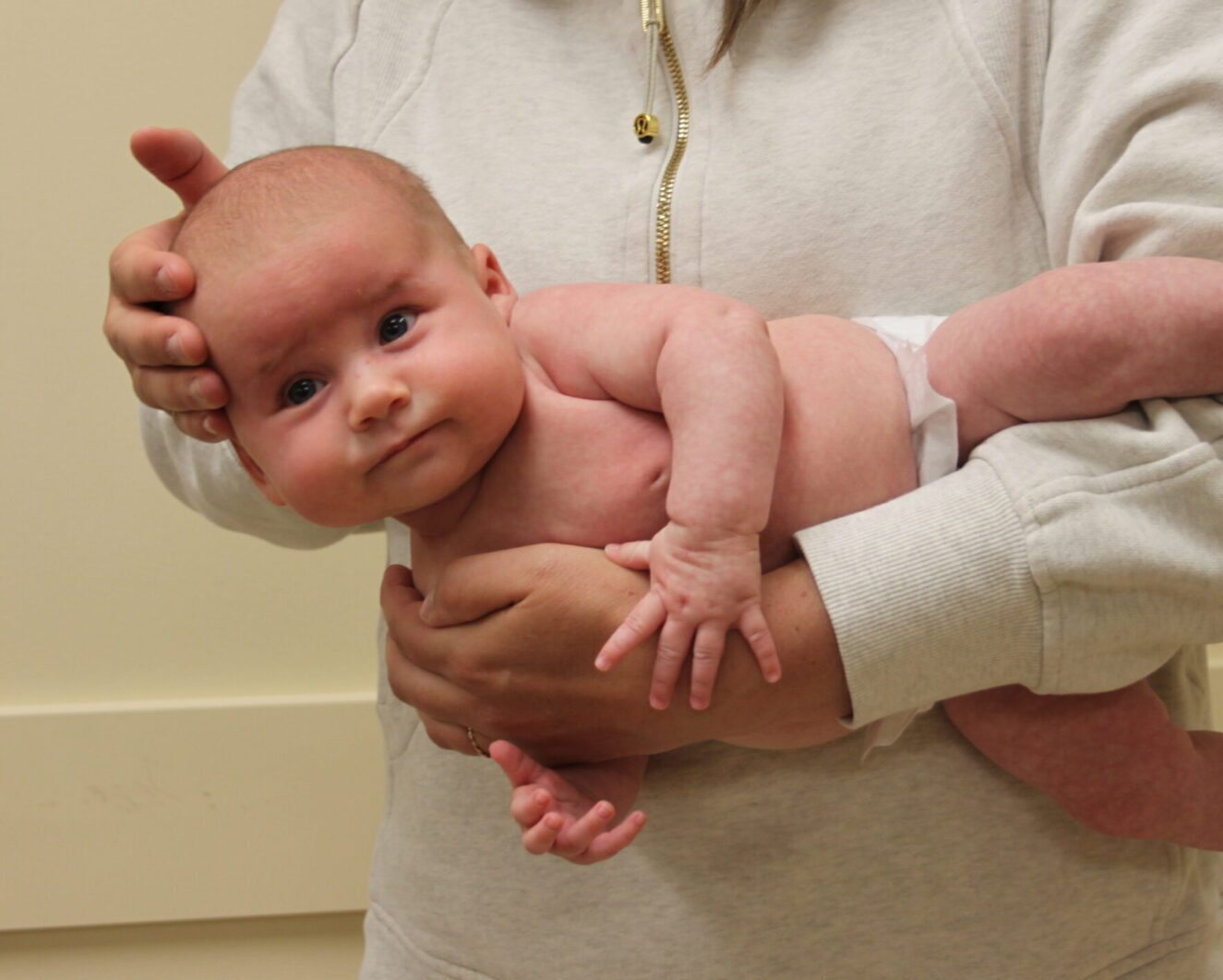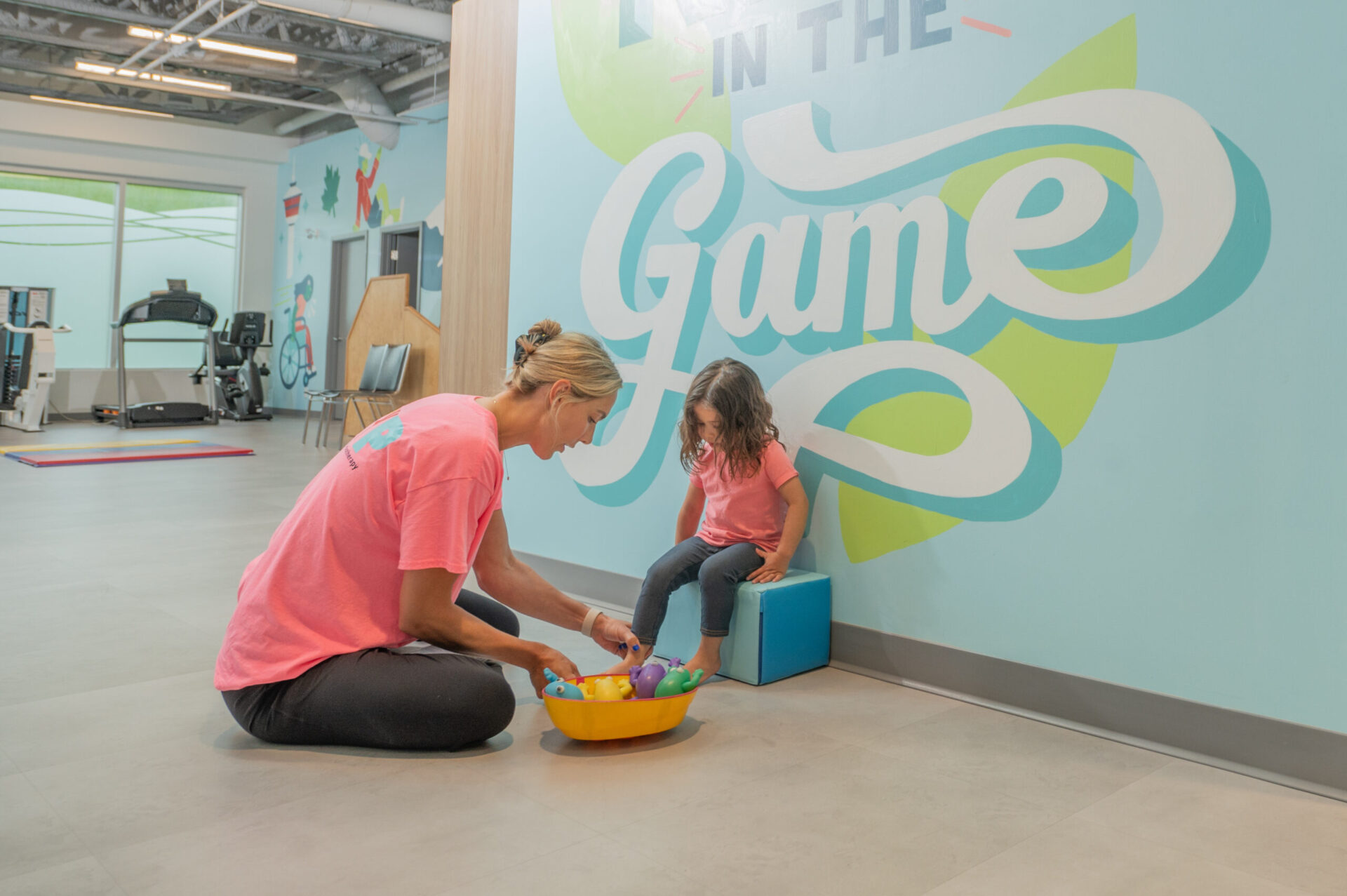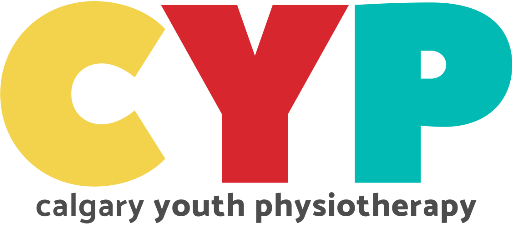The first few years of a child’s life are critical to their growth and motor development. Optimum motor development occurs when infants and toddlers explore different environments and experience diverse movements. Babies and young children develop at different rates and will most often meet developmental “milestones” without much fuss. Sometimes, health issues can disrupt growth and motor development, but with the support of a pediatric physiotherapist, infants and toddlers can develop good movement for life.
Infant & Toddler
Torticollis and Plagiocephaly
Gross Motor Delay
Hip Dysplasia
Foot and leg Alignment
Low Tone
Brachial Plexus Injury
Torticollis (wry, tight, stiff neck) & Plagiocephaly (flat head)
Torticollis is a condition when a baby prefers to turn or tilt their head in one direction. Plagiocephaly is a condition that occurs when a baby develops a flat spot on their head. If your baby shows signs of either issue, pediatric physiotherapy can help.

List of Treatments
Stretching and strengthening of the neck muscles
Carrying and handling positions
Education on the use of carriers and containers
Strategies for tummy time
Play that can help with development
Home program
Gross Motor Delay
Infants develop motor skills like rolling, sitting, reaching, crawling and walking as they move around and explore new environments. As they grow and participate in more aspects of life, toddlers begin to add to their skills as their balance improves, and they climb, jump and run. The rate at which young kids meet these developmental milestones will vary from child to child; however, occasionally, health issues can disrupt their ability to play and interact, leading to developmental delay.

List of Treatments
Motor milestone screening
Identification of areas of delay and potential causes
Family goal setting
Exercises for strength and development
Progression of gross motor skills
Home exercise program

Questions about our clinic?
We have the answers.
Don’t have time to call right now? No worries. Email us. Let’s set up a convenient time for a complimentary 15-minute consultation. Or the answer you’re looking for might be on our Frequently Asked Questions page.

